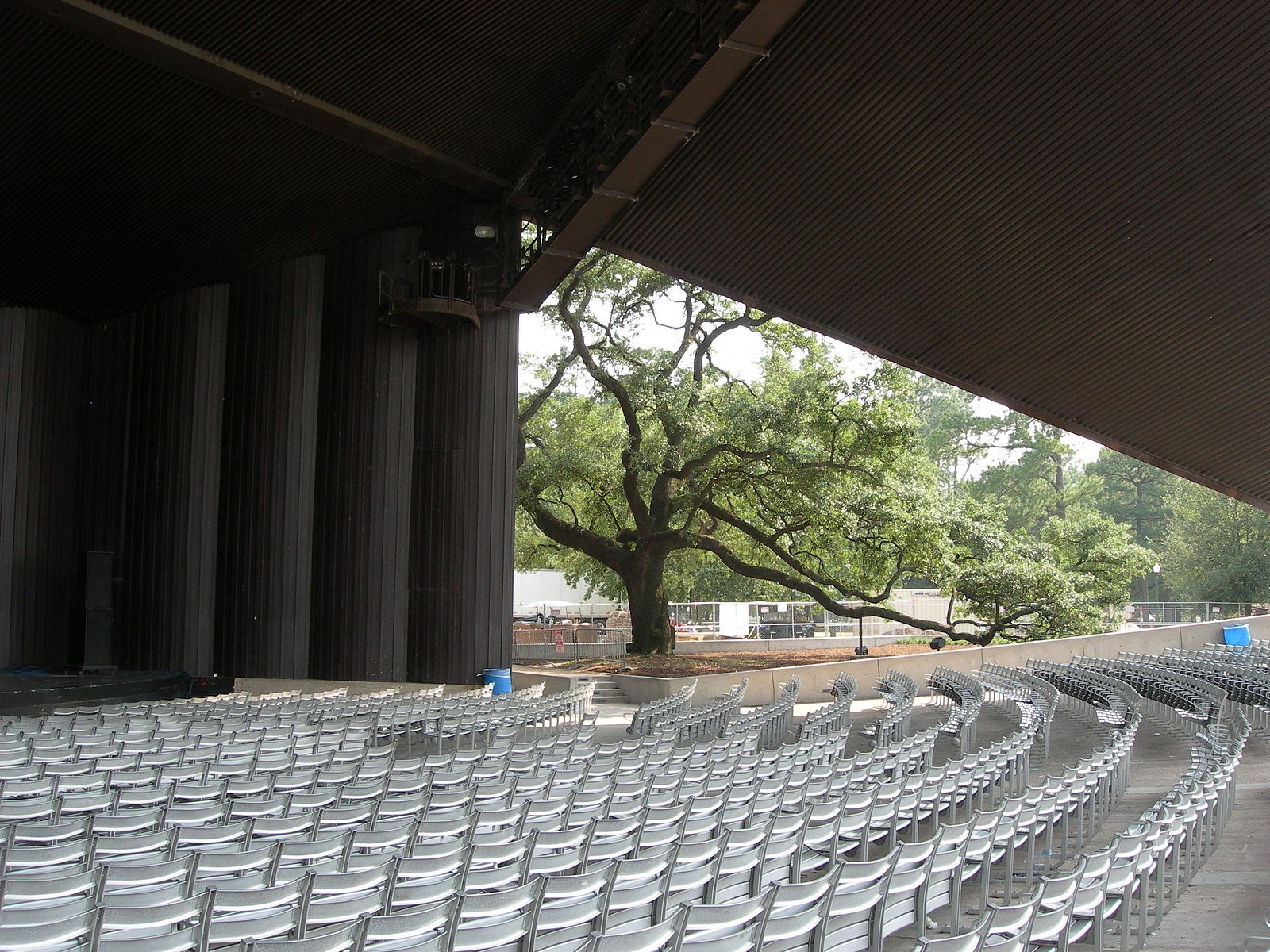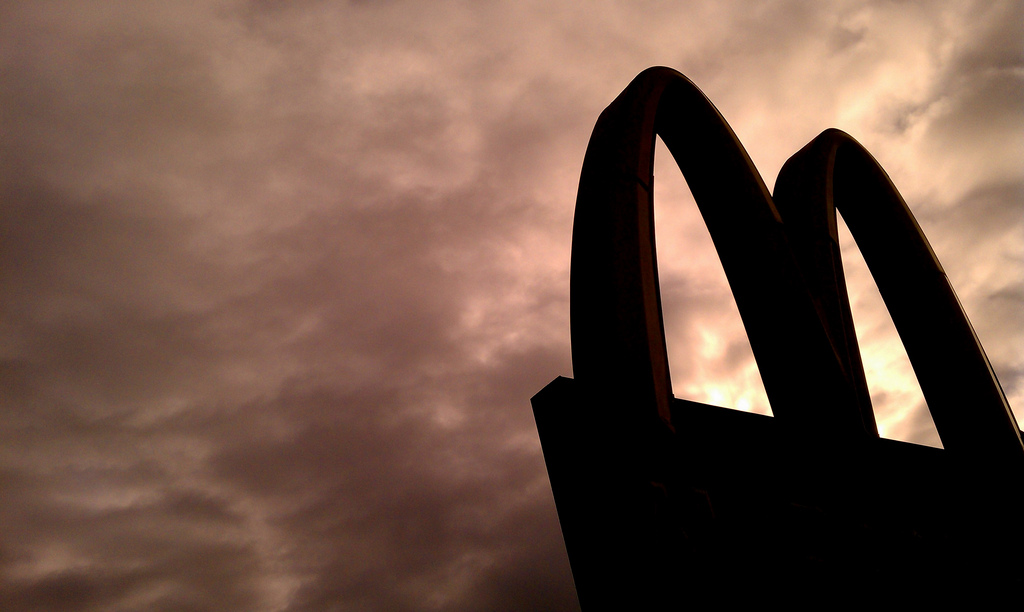December 10th, 1948 was a momentous day for human rights. The still-young United Nations (UN) unanimously, with eight abstentions, passed the Universal Declaration of Human Rights (UDHR). The UDHR is a 30-article guideline that promotes “universal respect for, and observance of, human rights and fundamental freedoms for all without distinction of race, sex, language, or religion.”[1] With the ghost of World War II still haunting many nations, it served as a promise to uphold the inherent rights of human beings. 48 countries including Pakistan, my country of birth, nationality and citizenship, adopted it. However, as the world has seen historically, adoption does not necessarily mean institutional implementation on social and systematic levels, and this is what has happened in Pakistan.
Whenever I am asked about Pakistan, I immediately respond with a long-winded rant about its beauty, its diversity, its rich and vibrant history. It has been three years since I visited the country. However, with the UDHR in mind, I try not to sugarcoat the reality of our social space. As a society, most of the 80% of our population identifying as Sunni Muslims practices regular discrimination against the minority groups, whether consciously or not. This has been the subject of many controversies worldwide, and it’s something close to my heart. As a Muslim from a Sunni family, I am extremely privileged. I have never suffered discrimination in my country, but for many of my brethren, the rights granted to them by the UDHR and the Pakistani constitution are violated on a daily basis.
Constitutionally, all minority groups are granted equal rights under the law, but socially and to a large degree institutionally, the reality is extremely different. Children raised in Pakistan are told from a young age that Islam is the right path, and as a religious Muslim, I agree. However, we are also told from a young age that Islam is a religion of acceptance and peace for all. Why then, do I have so many friends who talk in hushed voices about the “perverse” practices of our Shiite peers?
The level of violence against Shiites, Ahmadiyya Muslims, Qaidiani Muslims, and other religious minorities is downright atrocious. In the 18 months preceding July 2013, 717 people were killed in anti-minority attacks (USCIRF)[2]; since January 2012, Shiite communities were attacked 77 times, and Christians were attacked 37 times. In the latter case, a recent attack on a Christian church in Peshawar took the lives of more than 100 Pakistanis, making it the worst attack on Christians in the history of Pakistan.
It must be pointed out that these are only the official reports of the events; the reality of the situation is far worse. When 97% of the approximately 180 million people in the country are Muslim, and only 5% to 20% are Shiite, the minorities have no real voice. This is illustrated in the disproportionate distribution of seats in the National Assembly: of the 342 seats, only ten are held by minority representatives.[3]
Perhaps some of the most recent atrocities against Ahmadiyya Muslims occurred during the May 2010 attacks in my hometown of Lahore. The attacks, orchestrated to happen simultaneously against two mosques, are a reflection of the gross inadequacy of police protection for minorities because the mosques were infiltrated so easily. A hostage situation followed and several follow-up attacks happened later in various other parts of the city. The end result was that 98 people were killed and 120 were injured, not including casualties from the events that followed.
I would love to say that security is now adequate for these minority groups, but unfortunately, it is not. Similar attacks on any and all minority groups are not uncommon. Pakistaki independence came primarily as a result of the discrimination suffered by Muslims in British-ruled India. It is logical that, because of this, Pakistanis would theoretically try their best to ensure that their fellow citizens are no longer subjected to such violence. The evidence proves otherwise. It is a heavy breach of many promises made to the people and guaranteed in the UDHR, primarily seeking to ensure that non-Sunni Pakistanis are not subjected to discrimination:
• Article 2: Everyone is entitled to all the rights and freedoms set forth in this Declaration, without distinction of any kind, such as race, colour, sex, language, religion, political or other opinion, national or social origin, property, birth or other status. […]
• Article 7: All are equal before the law and are entitled without any discrimination to equal protection of the law. All are entitled to equal protection against any discrimination in violation of this Declaration and against any incitement to such discrimination.
• Article 9: No one shall be subjected to arbitrary arrest, detention or exile.
• Article 18: Everyone has the right to freedom of thought, conscience and religion; this right includes freedom to change his religion or belief, and freedom, either alone or in community with others and in public or private, to manifest his religion or belief in teaching, practice, worship and observance.[1]
However, there is a silver lining to this. The Muslims and particularly the youth of Pakistan are raising their voices in support of their non-Muslim countrymen;,a camaraderie that has inspired many movements to preserve the rights of all Pakistanis. Pakistani-Christians too have started movements professing towards equality. One activist, Albert David, is the chairman of the Pakistan United Christian Movement (PUCM). The PUCM is a political party committed to the equal representation of minorities, including women and other marginalized religious groups, in Pakistan. The group operates under the biblical quote, “Behold, how good and how pleasant it is for brethren to dwell together in unity” (Psalm 133:1).[4] The existence of a Christian political group in Pakistan is momentous. Although it may not have picked up speed during the Pakistani general elections in 2013, it bodes well for the future. The youth, too, are rallying together via mixed media to support broad interfaith, gender and third-gender equality reforms. The Channan Development Association (CDA) in Pakistan uses performance art and other media to bring about social change. Their mission is summarized as “changing behaviors to change realities.” By empowering the youth to be global citizens, advocates, and conscientious warriors of social change, they address issues of human rights, discrimination and democracy, all extremely pressing matters in Pakistan.[5]
Moreover, in Karachi and Lahore, Pakistan’s two largest cities, Muslims recently formed a human chain around churches during Sunday Mass to protect their Christian brothers and sisters. As reported in the Express Tribune, “Standing in the small courtyard of St Anthony’s Church, as Mufti Mohammad Farooq delivered a sermon quoting a few verses of the Holy Quran that preached tolerance and respect for other beliefs, Father Nasir Gulfam stepped right next to him after having conducted a two hour long Sunday service inside the church. The two men stood shoulder to shoulder, hand in hand as part of the human chain that was formed outside the church not just as a show of solidarity but also to send out a message, ‘One Nation, One Blood’.”[6]
This is the spirit and mandate of the UDHR, to act in fellowship and love for the protection of all human life. Only grassroots movements have the power to uphold the tenets of the UDHR, especially in light of the lack of action by the government. Apathy and cynicism are easy to fall into when led by the government, but it takes true commitment to actively reject these instruments of discord and hate and actually do something. Equipping the youth with the instruments of social change is a crucial step, and as mentioned before, this too is beginning to be addressed. Transgender rights, gender equality, and religious equality are all in some capacity being addressed, and I am hopeful that despite its current shortcomings, Pakistan’s baby steps will turn into large, affirmative strides. It’s up to the rest of the world to continue the crusade against hate and the discrimination against minorities.
“[…] Whereas a common understanding of these rights and freedoms is of the greatest importance for the full realization of this pledge.”[1]
Neiha Lasharie
Political Science & International Affairs ‘18
Sources:
1. http://www.un.org/en/documents/udhr/
2. http://www.uscirf.gov/reports-and-briefs/annual-report/3988.html
3. http://www.thenews.com.pk/Todays-News-4-174946-Institutional-discrimination-against-minorities-increasing
4. https://www.facebook.com/PakistanUnitedChristianMovement/info
5. http://cdapak.org/
6. http://tribune.com.pk/story/614333/muslims-form-human-chain-to-protect-christians-during-lahore-mass/



